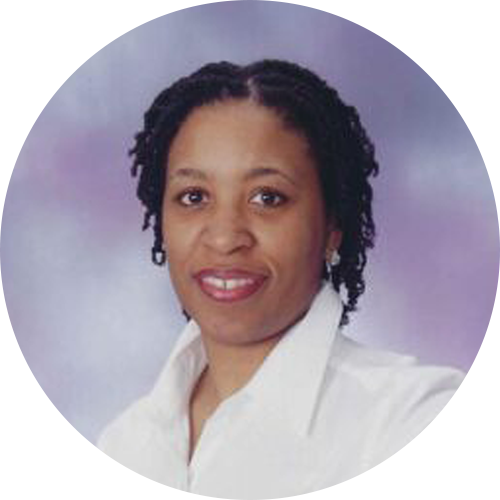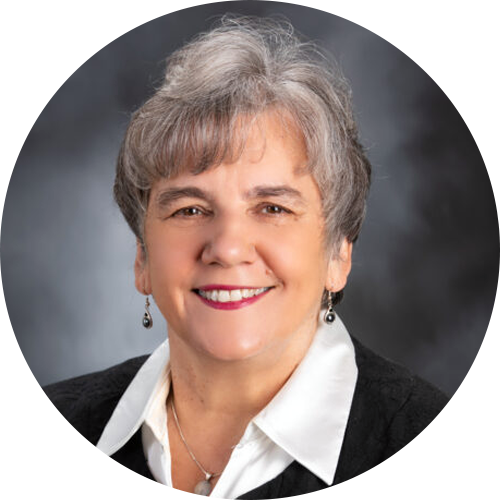Tuesday, November 24, 2015
Posted by: Courtney Duggan
Research Published in Leading Nursing Journal Demonstrates Improvement in Obstetric Emergency Response Following Training and Drills, Which May Help with Addressing U.S. Maternal Mortality Rate
Washington, DC, November 18, 2015 — According to the World Health Organization, every minute a woman dies from complications related to pregnancy or childbirth, which equates to approximately 529,000 deaths per year globally. The United States ranks worse in maternal mortality than 49 other countries. Postpartum hemorrhage (or excessive bleeding) is the leading cause of maternal mortality in the United States despite being preventable most of the time.
In the September/October 2015 issue of Journal of Obstetric, Gynecologic, & Neonatal Nursing (JOGNN) from the Association of Women’s Health, Obstetric and Neonatal Nurses (AWHONN) researchers analyzed the effect of obstetric emergency education on nurses at a labor and delivery unit in a community-based hospital.
In “Developing a Systematic Approach to Obstetric Emergencies” Meredith Green, MSN, AGCNS-BC, APRN; Carla Rider, RNC, MSN, MBA; David Ratcliff, MD; and Barbara C. Woodring, EdD, MA, MS, MEd, RN, conducted pre- and post- training surveys of nurses to measure their confidence and competence following obstetric emergency education and training.
“Because nursing staff members are often the first responders to obstetric emergencies, effective preparation and drills must be mastered to help optimize the delivery of safe care,” the authors noted. “It is evident that nurses caring for pregnant women need a consistent and systematic approach to delivering maternal resuscitation and managing obstetric emergencies.”
The training involved three phases: lecture, direct observation, and practice simulation. Obstetric emergency scenarios included identifying, responding to, and managing cardiac codes, postpartum hemorrhage, emergency cesarean, uterine rupture, prolapsed umbilical cord, shoulder dystocia, operative vaginal birth, and eclampsia.
All 67 registered nurses who participated in the training earned Advanced Cardiac Life Support (ACLS) certification. Comparing pre- and post-measurement, nurse confidence in handling obstetric emergencies increased 35% (from 52% to 87%). Additionally, nurse competence to respond correctly increased by 32% (from 56% to 88%). Implementation of this education program also resulted in cost savings for the hospital’s education department.
“Well-planned and well conducted drills further reinforced important information concerning high-risk events, allowing team members to develop skills to improve performance and uncover system errors. Evaluation of the findings from the drills and topics discussed during debriefing also led to refinement in the physical setting, such as creation of emergency supply kits, to support an optimal environment for patient care and safety,” explained the authors.
“To ensure a consistent and systematic approach to resuscitation of the mother in obstetric emergency situations, response cue cards were developed and implemented as a part of the education offering. Nurses now have response cue cards affixed to the backs of their ID badges that outline their key duties as first, second, and third responders in emergency situations.”
“This research clearly demonstrates the value for their patients of obstetric emergency training for nurses,” said AWHONN CEO, Lynn Erdman, MN, RN, FAAN. “Nurses provide the first line of defense in caring for women during these emergencies and strongly benefit from the training and practicing for these situations.”
For media interviews, contact:
Kelly Mack for AWHONN
202-296-2002
kmack@awhonn.org
###
About JOGNN
The Journal of Obstetric, Gynecologic, & Neonatal Nursing (JOGNN), is an internationally ranked scientific and technical journal published bimonthly by the Association of Women’s Health, Obstetric and Neonatal Nurses. JOGNN is online at jognn.awhonn.org
About AWHONN
Since 1969, the Association of Women’s Health, Obstetric and Neonatal Nurses (AWHONN) has been the foremost authority promoting the health of women and newborns and strengthening the nursing profession through the delivery of superior advocacy, research, education, and other professional and clinical resources. AWHONN represents the interests of 350,000 registered nurses working in women’s health, obstetric, and neonatal nursing across the United States. Learn more about AWHONN at www.awhonn.org.






















